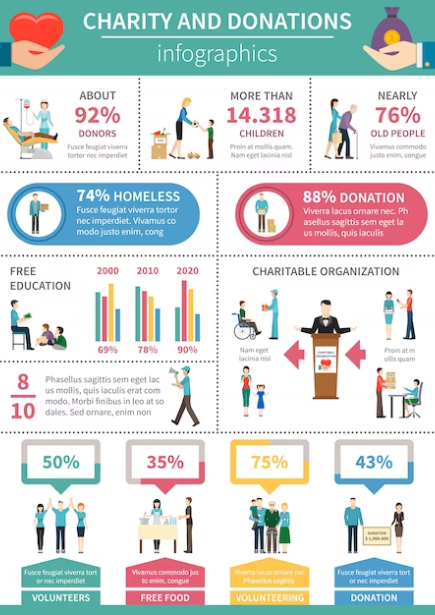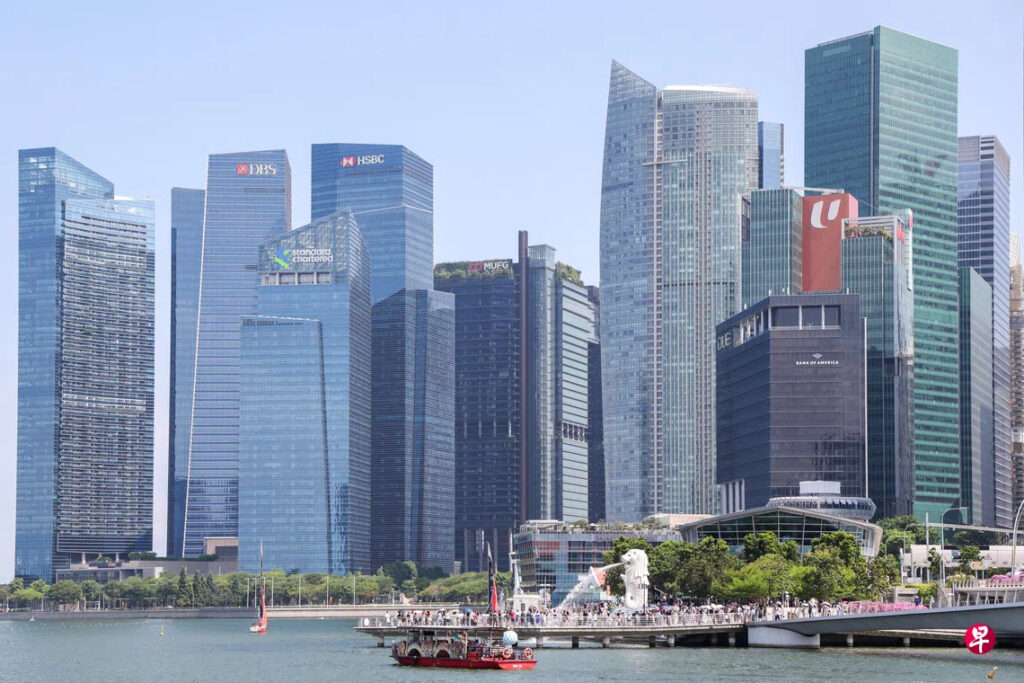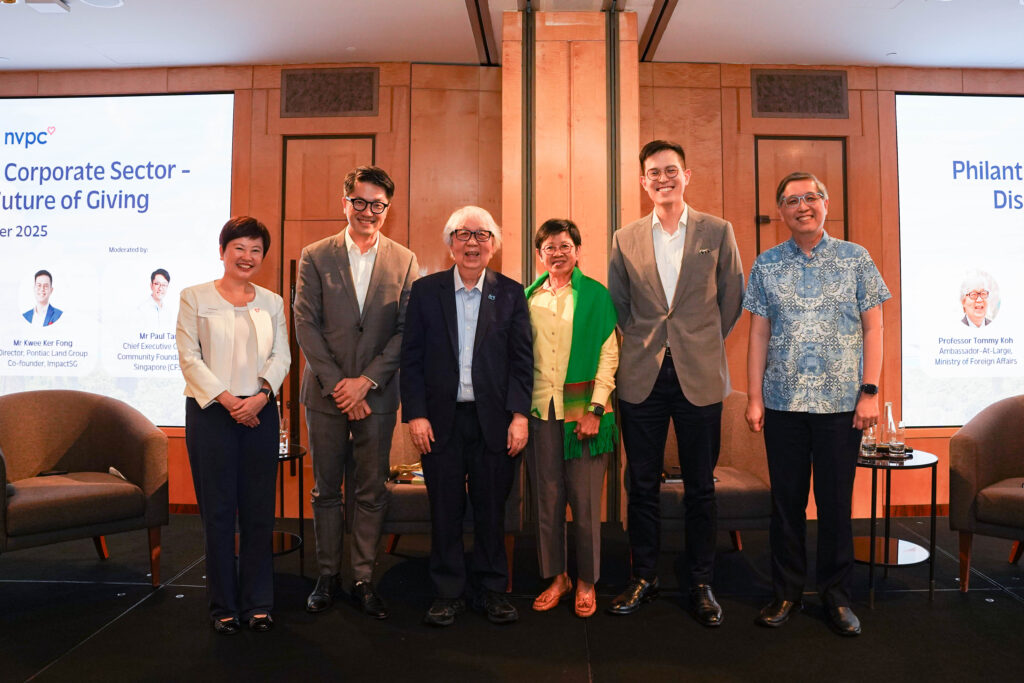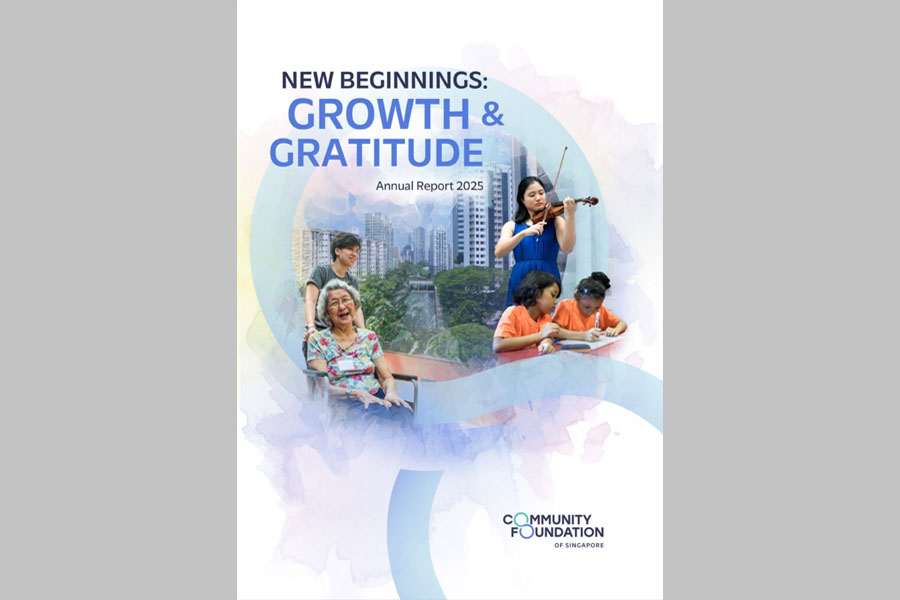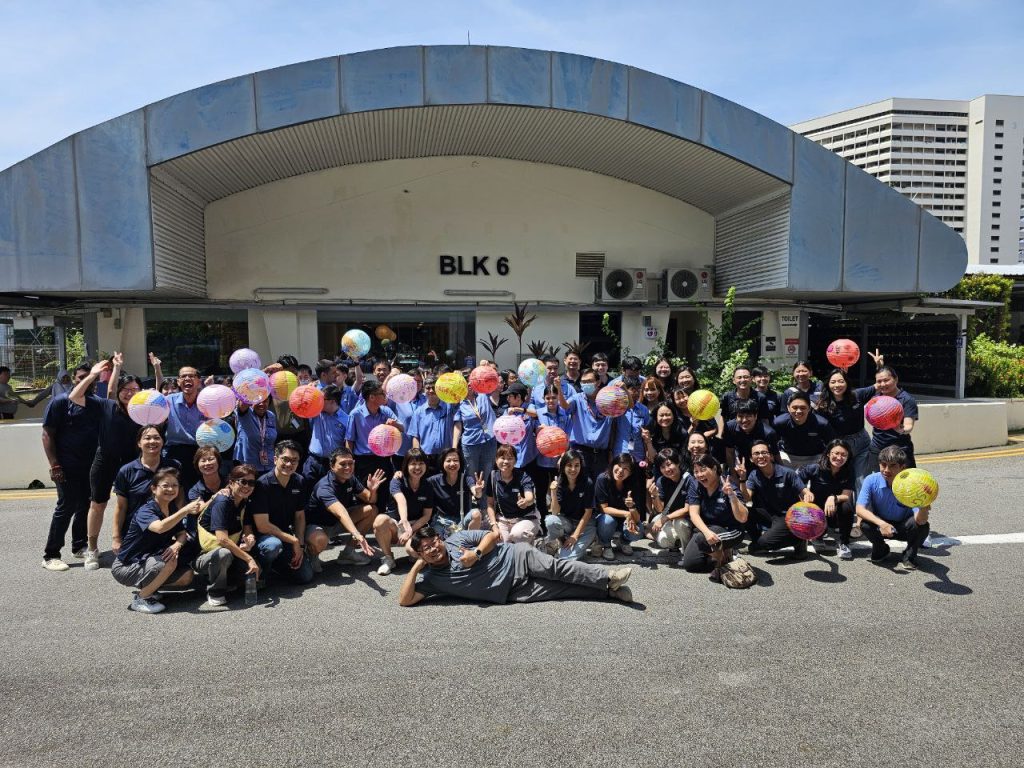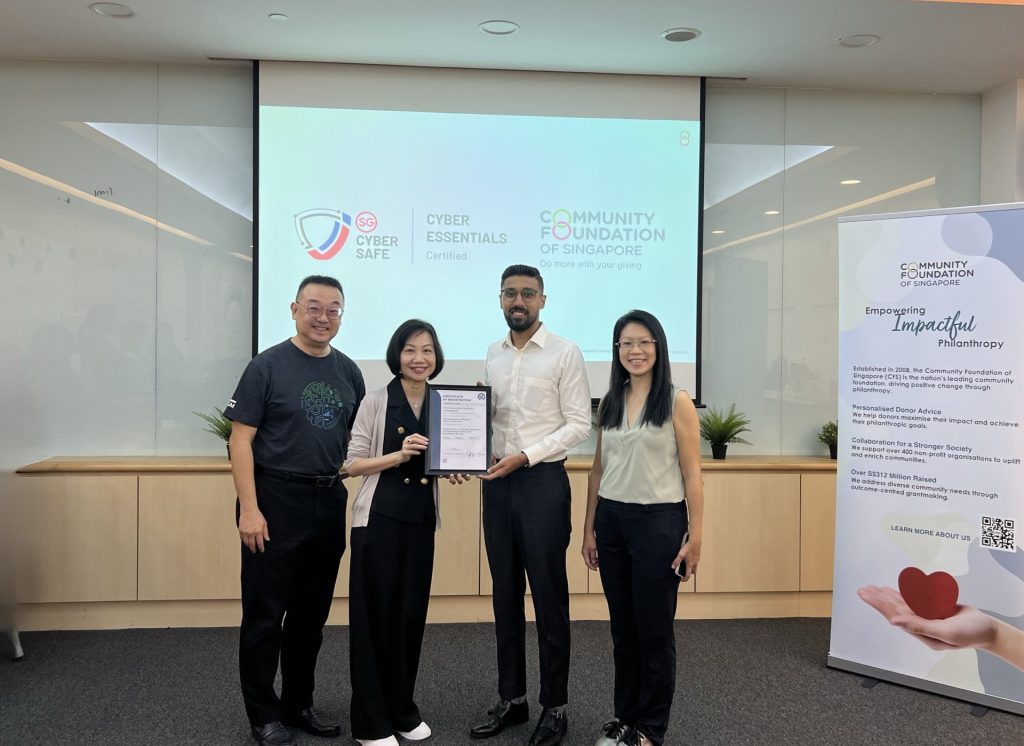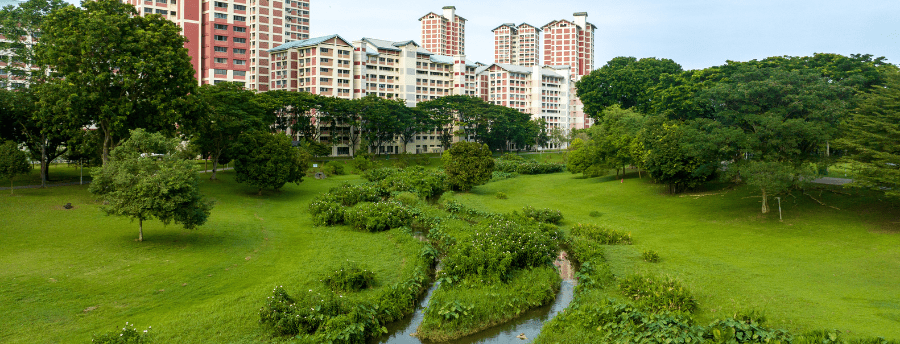
In a world where temperatures and sea levels are rising, our mission is clear: to protect and nurture our natural environment, combat climate change, and ensure sustainable resources for generations to come.
What You Should Know
Climate reformation is today’s most pressing global concern. Atmospheric concentrations of carbon dioxide and methane are at historically high levels. Temperatures and sea levels have risen at accelerated rates in the last 20 years. These have led to adverse weather and climatological conditions, resulting in biodiversity loss, crop failures and increased occurrence of natural disasters.
Singapore’s location at the equator means we will experience temperature increases more acutely, and being a small island state makes us especially vulnerable to rising sea levels. Climate change also affects critical supplies, including our food sources.
Singapore’s Green Plan 2030 is the nation’s environmental sustainability blueprint and sets targets in five pillars. Here are some of the targets in which philanthropy can potentially play a part.
Singapore Green Plan 2030:
Singapore Green Plan 2030
City in Nature
Plant one million more trees.
Increase nature parks’ land area by over 50% from 2020 baseline.
Sustainable Living
Reduce household water consumption to 130 litres per capita per day.
Reduce the amount of waste to landfill per capita per day by 30%.
Two-thirds reduction of net carbon emissions from the schools sector.
Energy Reset
Increase solar energy deployment to at least 2 GWp.
Best-in-class power generation technology that meets emission standards and reduces carbon emissions.
Green Economy
Singapore as a leading regional centre for developing new sustainability solutions.
Groom a strong pool of local enterprises to capture sustainability opportunities.
Resilient Future
30% of Singapore’s nutritional needs to be met through locally produced food by 2030.
Featured Video
Critical Gaps that Remain
While the Green Plan is an important start by the government, saving our planet takes a whole-of-society effort. Individuals, schools, businesses and other organisations must play their part in combating climate change and promoting sustainable ways of living. We identified four areas in which philanthropy can promote a more sustainable lifestyle.
The Issue
To make sustainability a lifelong habit, we need to cultivate the seeds in our children and youth. There is an urgent need to integrate climate-related education into our schooling system and ensure workers have access to sustainability training and learning resources.
Why it Matters
UNESCO states that education is the key to promoting climate action. Not only does it help people understand and address the impacts of the climate crisis, education empowers individuals with the “knowledge, skills, values and attitudes” to take positive action, helping both people and the planet. Education here applies to the formal schooling years and beyond. Students need to be aware of career opportunities in the green sector and training for skills in those roles. Mid-career adults can also pursue further education and apply their skills to the green sector.
How you can help
- Advocate for sustainability and related activities, such as recycling, responsible consumption and conservation, to be embedded into the educational curriculum, encouraged as a co-curricular activity and thus cultivated as a habit.
- Support opportunities for students to be exposed to careers in the sustainability sector.
- Support educational and training opportunities so more individuals, students and adults, can pursue careers in sustainability and related roles.
The Issue
When we understand how the climate is changing, we can prepare for the future. Singapore has undertaken three National Climate Change Studies to understand the impact of climate change on our island state. The first study was completed in 2013 and the third one is expected to come out in late-2023 with an additional fourth study planned for 2027 (Straits Times, 2022).
Why it Matters
Relying on global climate research has limitations. Because of Singapore’s small size, we appear only as a single grid point on global climate models or are omitted (Straits Times, 2022). This makes localised research crucial because every country experiences climate change differently. Local studies can help Singapore better understand issues such as how sea level rises will affect different portions of our coastline and thus help us finetune areas like water resource and flood management practices (Straits Times, 2022).
How you can help
- Support research into the effects of climate change, specifically at a local level.
- Support the development of mitigative and adaptive climate change solutions.
The Issue
The natural environment is a complex and richly diverse ecosystem. Besides being home to a plethora of species, the variety of species help to maintain an ecological and climatological balance necessary for the survival of all life on our planet. The removal of one species from a particular location can have adverse effects throughout the rest of that ecosystem. One example is the removal of native flora and fauna in a region to plant crops. The carbon sequestration of croplands is far less than tropical forests (Visual Capitalist) while the lack of floral diversity will result in a less diverse animal population.
Why it Matters
An initial lack in biodiversity could be accelerated as more and more species leave the ecosystem. The result could be poorer quality of soil, water systems and air which could have detrimental effects on our health and well-being.
How you can help
- Fund conservation efforts that preserve green spaces and local biodiversity.
- Take part in guided walk and community efforts that maintain the cleanliness and ecosystems of our natural environment.
The Issue
To guard against climate change, we need to make changes to how we live. At an individual level, everyone can take steps, whether it is eating more plant-based foods or taking fewer flights to reduce our carbon footprint (United Nations). At a broader level, we can invest in businesses and organisations that make sustainability a central tenet in their operations.
Why it Matters
Failure to act has dire consequences, given Singapore’s vulnerabilities. Our country is especially sensitive to droughts and extreme weather conditions overseas, as these impact our food, water and energy supplies.
How you can help
- Support the creation of more urban farms for green spaces, local produce and job opportunities.
- Invest in socially and environmentally responsible organisations.
- Support NGOs advocating climate reformative efforts such as the Marine Stewardship Council and Waterways Watch Singapore.
Additional Information: Stats
Additional Information: Charts
Additional Information: Infographics
Infographic Title Goes Here
Featured Programmes
- The Waterways Watch Society
- The Eco-Schools Programme by World Wide Fund for Nature Singapore
